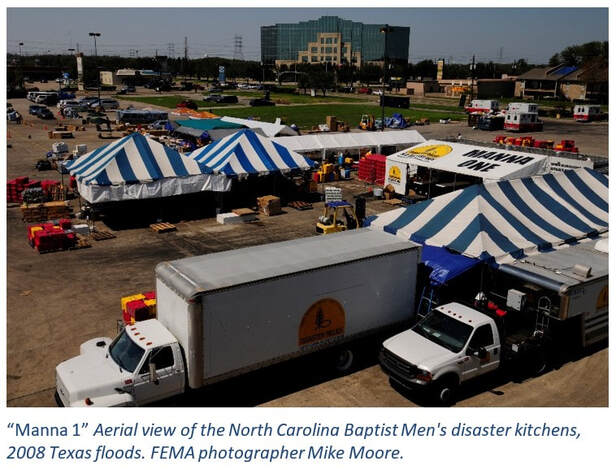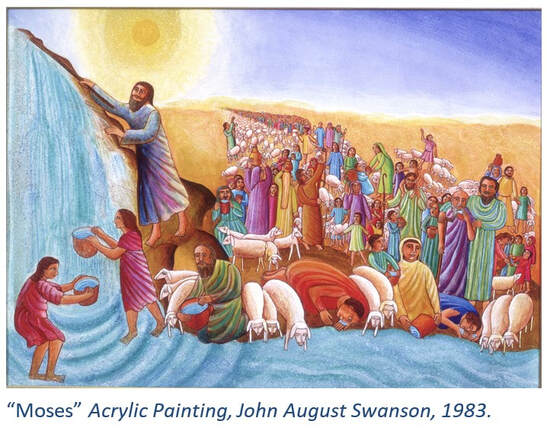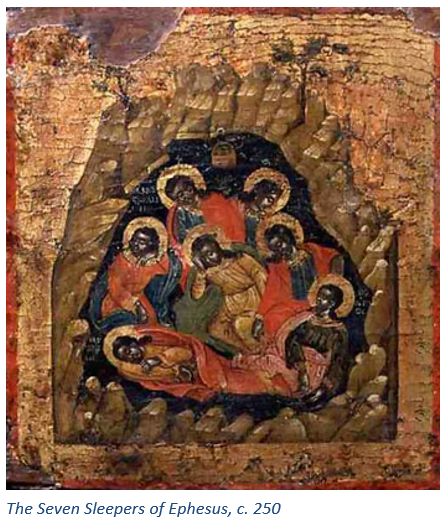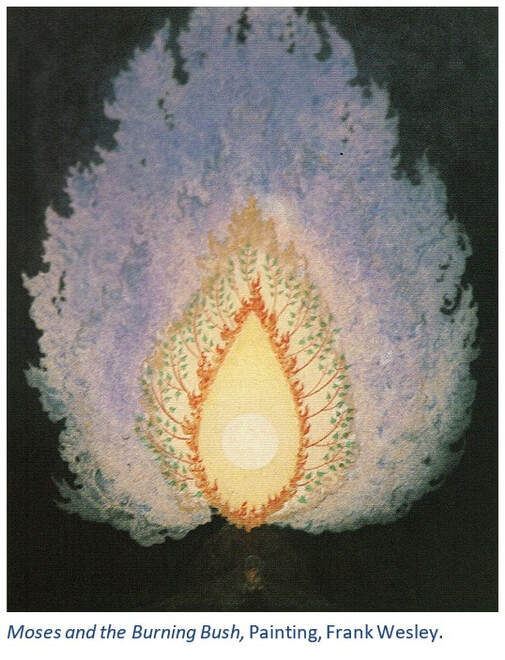 The whole congregation of the Israelites complained against Moses and Aaron in the wilderness. The Israelites said to them, “If only we had died by the hand of the LORD in the land of Egypt, when we sat by the fleshpots and ate our fill of bread; for you have brought us out into this wilderness to kill this whole assembly with hunger.” ~Exodus 16:2-3 And when [the workers] received [their day’s wage], they grumbled against the landowner, saying, “These last worked only one hour, and you have made them equal to us who have borne the burden of the day and the scorching heat.” ~Matthew 20:11-12 A recently liberated people who find themselves threatened once again by desert scarcity. Workers troubled by equal pay for unequal work. There is much that troubles us here, that seems lacking, but the striking truth is that in each case everyone has just what they need—their daily bread, provision for the journey, meaningful work to do. This is a different economy, a different culture, a different system than that which dominates our present-day experience. It is one in which everyone has what they need. What more could we want? Enter into worship. Readings: Exodus 16:2-15 † Psalm 105:1-6, 37-45 † Philippians 1:21-30 † Matthew 20:1-16 About the Art: Moore, Mike. Manna 1, from Art in the Christian Tradition, a project of the Vanderbilt Divinity Library, Nashville, TN. https://diglib.library.vanderbilt.edu/act-imagelink.pl?RC=57599 [retrieved September 11, 2023]. Original source: https://commons.wikimedia.org/wiki/File:FEMA_-_39022_-_Overview_of_Baptist_Men_mobile_kitchen_and_commodity_point_of_distribution_in_Texas.jpg.
0 Comments
 Why do you pass judgment on your brother or sister? Or you, why do you despise your brother or sister? For we will all stand before the judgment seat of God. ~Romans 14:10 The church in ancient Rome finds itself amid cultural, economic, emotional, and religious revolution. Everything is changing. People are being accused and attacked. They are frightened and defensive. The future is uncertain. There is chaos without and within, and this underground movement in first century Rome committed to the Way of Jesus finds itself gathered with little in common. Jews and Gentiles together, they can’t even agree on what is right to eat or what day is right for worship. One’s act of honor is another’s offense. How do you forgive when you can’t even agree that an offense has occurred? And yet, for Paul, the practice of forgiveness is a taproot reaching to the deep reservoir of our common baptism—unyielding rootedness that holds the community in place as a storm of uncertainty rages around it. Consider it a currency we steward that enables relationships to flourish, flowing from the one thing we share in common: the presence of a God who is unimaginably loving and just, a God who makes a way when there is no way. Enter into worship. Sunday morning, 10:00am in-person or online. Readings: Exodus 14:19-31 † Psalm 114 † Romans 14:1-12 † Matthew 18:21-35 About the Art: Swanson, John August. Moses, from Art in the Christian Tradition, a project of the Vanderbilt Divinity Library, Nashville, TN. https://diglib.library.vanderbilt.edu/act-imagelink.pl?RC=56554 [retrieved September 11, 2023]. Original source: Estate of John August Swanson, https://www.johnaugustswanson.com/.
 They shall take some of the blood [of the Passover lamb] and put it on the two doorposts and the lintel of the houses in which they eat it. ~Exodus 12:7 It may be easy for some of us to be dismissive of the sacrificial system of our religious ancestors. Here, after all, we seem to see the long shadow of a primitive and savage form of magic practiced to ward off an avenging God. Perhaps. But we may be wise to consider the savage log(s) in our own culture’s eye before we too quickly and casually turn up our own noses. What will future generations think of our consumptive ecological practices, our treatment of our most vulnerable, our constant warring, after all? The Seven Sleepers of Ephesus is also known in Arabic as “the people of the cave,” for the story is found both in the Christian and Islamic traditions. Fleeing persecution, they wait in darkness, sheltered by the rock, until it is safe to emerge. They will sleep 300 years and emerge when danger is gone. What if the indigenous cultures of our own continent had had that kind of safety? Or the migrants seeking a better life who are currently flooding into New York and other places, muddling our compassion with pangs of fear that there is not enough to go around. Consider the painted lintel not so much a magic shield, but a team banner, a political sign, a pride flag—a proclamation of allegiance, but one that is not easily swapped out, to something other than the menacing Pharaohs and their ways in our own day. “The mark of God’s claim upon Israel,” says Erica MacCreaigh in The Christian Century, “is enfleshed, the very stuff of life, not unlike circumcision. The blood proclaims the stakes, and its message to the world is unequivocal: We belong to God—body and spirit—and our allegiance is to God alone.” As Romans says it, “Owe no one anything, except to love one another” (13:8). This is, indeed, a currency of a very different kind than the transactions familiar to us in much of our life together here on earth. Enter into rest. Enter into hope. Enter into worship, Sunday, 10:00am, in-person or online. Readings: Exodus 12:1-14 † Psalm 149 † Romans 13:8-14 † Matthew 18:15-20 About the Art: Icon painting from the Cretan School of the Late Middle Ages (15th-17th centuries) developed under both Eastern and Western artistic traditions. Retrieved on September 5, 2023 from: http://www.mystudios.com/artgallery/C/Cretan-School/The-Seven-Sleepers-of-Ephesus.html.
 Peace can only be built on truth. A peace that is just and sustainable requires we tell the truth of who all people are as beloved, the truth of what creation is as beloved. And then peace requires we act on this truth – not alone, but together with each other and with our communities. Honoring all life as beloved; balancing our competing desires; being honest and giving our self - our God-given gifts and vision - to a future where actual flourishing is possible is the life to which we are commanded as followers of Christ and it takes grace and practice…and more grace. The Christian way is grounded in truth telling. Our tradition exists to help us remember the grace we have and the patience it takes to go this way together. It nourishes us and holds us and sends us to enter peace making with each other and with our communities. God has placed a vision of peace, a desire for peace, a truth about what peace looks like not just in us, but in also in the communities of which we are a part. Learning and growing and helping each other discern how to act on the truth of who we all are - a creation that is beloved - takes all of us. If we impose our vision of peace on others without their participation, we dishonor the truths they know and the beloved creatures they are. Come to worship beloved and remember who you are. Come be nourished by God’s grace. Come take your place with God’s people over time so that we might have what we need to be able to turn to each other and to God’s world with the love, the grace, the patience, the openness to the stories of others that we need to build peace. Readings: Exodus 3:1-15 † Psalm 105:1-6, 23-26 † Romans 12:9-21 † Matthew 16:21-28 About the Art: Wesley, Frank, 1923-2002. Moses and the Burning Bush. from Art in the Christian Tradition, a project of the Vanderbilt Divinity Library, Nashville, TN. https://diglib.library.vanderbilt.edu/act-imagelink.pl?RC=59185 [retrieved August 29, 2023].
|
worshipYou'll find here links to weekly worship and, where applicable archived service videos. Archives
July 2024
Categories |
 RSS Feed
RSS Feed